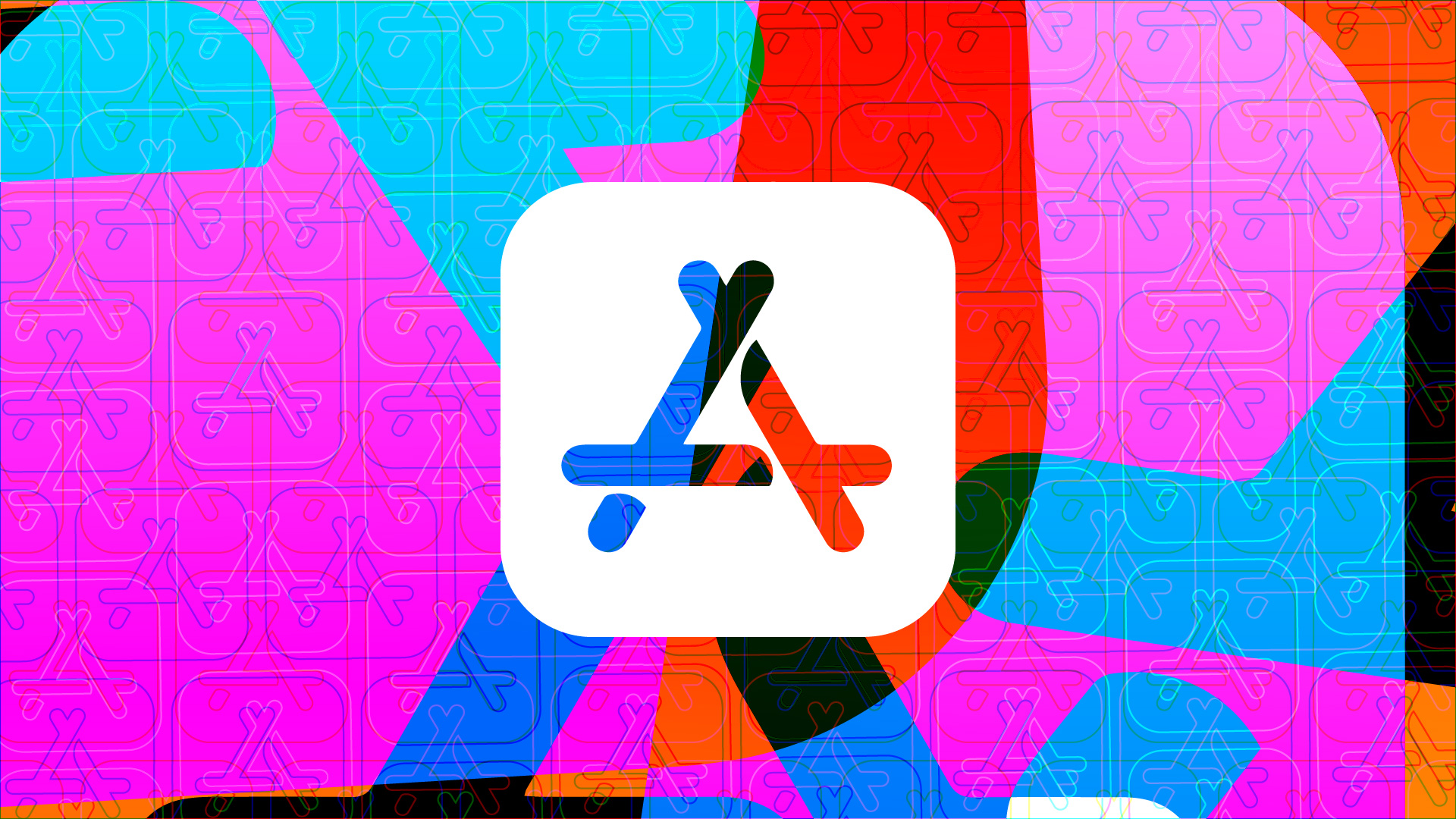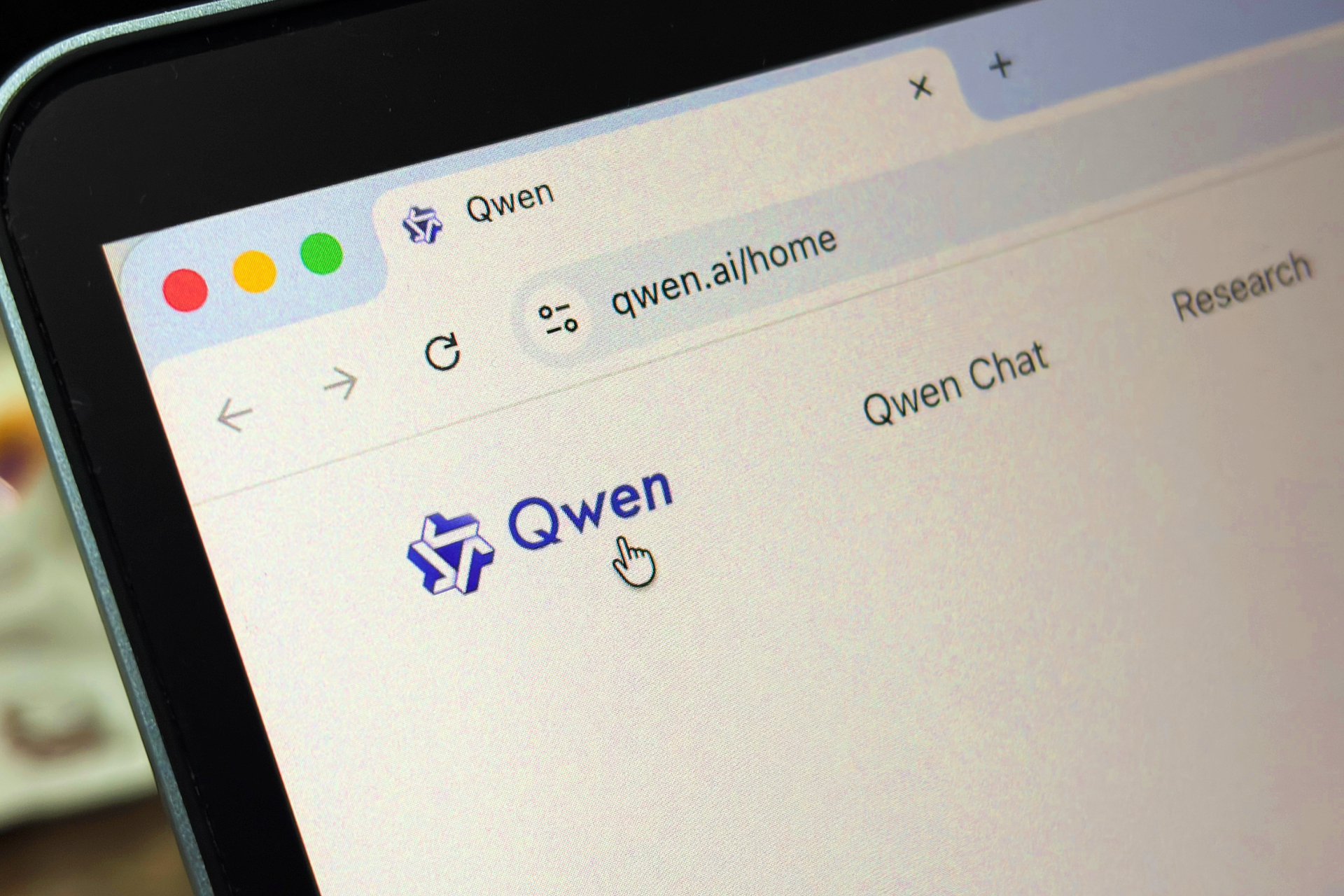
Cupertino, California — In a significant adjustment to its long-standing App Store commission structure, Apple has unveiled a new initiative designed to reshape how developers monetize experiences embedded within larger applications. The technology giant announced the launch of its Mini Apps Partner Program, which offers a substantially reduced commission rate of 15% on in-app purchases specifically for mini applications. This move marks a pivotal moment for developers operating within the Apple ecosystem and signals a strategic adaptation to evolving digital commerce trends.
For nearly a decade, Apple has technically supported the integration of "mini apps" on its App Store, allowing developers to build self-contained experiences using web technologies like HTML5 and JavaScript that function within a host native application. However, this new program is the first instance where Apple has offered a distinct, reduced commission rate for transactions occurring within these smaller, integrated digital environments, distinguishing them from traditional standalone applications.
Understanding the Mini App Phenomenon
To fully grasp the significance of Apple’s latest announcement, it is crucial to understand the concept of mini apps and their trajectory in the global digital landscape. Mini apps, often referred to as "mini programs" in other markets, are essentially lightweight applications designed to run within a larger, native "super app." They leverage web technologies, making them faster to develop, easier to update, and more accessible without requiring a separate download from a traditional app store.
The rise of mini apps is most famously exemplified by WeChat in China. Launched by Tencent in 2011, WeChat evolved from a messaging app into an indispensable "super app," integrating a vast array of services from payments and e-commerce to gaming, ride-hailing, and food delivery—all facilitated by its mini program ecosystem. This model allowed users to access countless services without ever leaving WeChat, creating an incredibly sticky platform and generating immense economic activity within its walled garden. The success of WeChat’s mini programs demonstrated a powerful new paradigm for digital interaction and commerce, one that fundamentally challenged the traditional app store model where each service typically requires a separate, full-fledged application download.
For years, the Western market watched the WeChat phenomenon with a mix of awe and skepticism, wondering if such a "super app" model could ever truly cross cultural and market barriers. While no single app has replicated WeChat’s dominance in the U.S. or Europe, the underlying concept of embedded, lightweight experiences has steadily gained traction. Messaging apps like LINE and even gaming platforms like Discord have integrated mini-games and utilities, offering users a more seamless and integrated experience.
Apple’s Evolving Commission Landscape
Apple’s App Store has been a cornerstone of its services revenue, generating billions annually through its commission structure. Since its inception in 2008, the standard commission rate has been 30% on in-app purchases and subscriptions. This model, while immensely profitable for Apple, has also been a source of ongoing contention with developers globally, leading to high-profile legal battles, antitrust investigations, and regulatory scrutiny, particularly in the European Union.
In response to some of this pressure, Apple introduced the Small Business Program in 2020, reducing the commission to 15% for developers earning less than $1 million in annual net sales across all their apps. Additionally, subscription services automatically qualify for a 15% commission after a subscriber has maintained their subscription for more than a year. These changes were seen as concessions to smaller developers and a recognition of the need for greater flexibility in its monetization policies.
The new 15% commission for mini apps, however, represents a distinct strategic shift. Unlike the Small Business Program, it is not tied to a developer’s overall revenue threshold but rather to the specific nature of the application itself—an embedded experience within a larger host app. This differentiation suggests Apple is not merely responding to general developer sentiment but proactively addressing a specific segment of the digital economy that has unique characteristics and competitive dynamics.
Program Eligibility and Technical Mandates
To qualify for the Mini Apps Partner Program, developers must adhere to a stringent set of requirements. The host application, which contains the mini apps, must be available on iOS or iPadOS and hosted on the App Store. It must also fully comply with the Apple Developer Program License Agreement and the existing App Review Guidelines, including specific stipulations for mini apps outlined in Guideline 4.7.
Guideline 4.7, introduced in 2017, explicitly grants developers permission to run various embedded experiences, including mini apps, mini games, streaming games, chatbots, plug-ins, and game emulators that offer software not natively part of the main app’s binary. It also mandates protocols for processing sensitive data and filtering objectionable material, mirroring the rigorous standards applied to native applications.
Beyond these foundational requirements, the new program introduces additional technical mandates. Participating apps must support Apple’s Advanced Commerce API, which offers enhanced capabilities for managing transactions and customer relationships. They must also integrate the Declared Age Rating API, ensuring that content within mini apps is appropriately rated for different age groups, a crucial aspect of Apple’s commitment to user safety and parental controls. Furthermore, all in-app purchases within mini apps must utilize Apple’s proprietary in-app purchase system, and developers are required to send information about a user’s purchase to Apple when refund requests are made. These technical requirements underline Apple’s desire to maintain tight integration and control over the transactional flow and data, even within these embedded experiences.
Apple’s Strategic Motivations and Analytical Commentary
Apple frames the Mini Apps Partner Program as a pathway for developers to expand their business on the App Store, leveraging Apple’s ecosystem and technologies. The reduced commission is positioned as an incentive for developers to adopt Apple’s trust and safety tools, ultimately fostering a more secure and robust environment for users. This additional financial flexibility, Apple suggests, could empower developers to reinvest in their mini app initiatives, fostering innovation and growth.
However, neutral analytical commentary suggests a multi-faceted strategic rationale behind this move.
- Competitive Response: The program can be seen as a direct response to the rising influence of "super apps" and emerging platforms that could potentially circumvent the traditional App Store model. The success of WeChat’s mini programs has demonstrated a viable alternative distribution and monetization channel. By offering a reduced commission, Apple aims to ensure that if such ecosystems flourish on its devices, it still retains a significant share of the generated revenue and control over the user experience.
- The AI Threat: More recently, the emergence of advanced AI platforms like ChatGPT has introduced a new competitive dimension. ChatGPT, for instance, has launched its own "apps" that run inside its chatbot interface, allowing users to engage with services from Booking.com, Expedia, Spotify, and Canva directly within the AI environment. Some analysts have theorized that such AI-driven platforms could evolve into new digital storefronts, potentially siphoning user engagement and transactions away from traditional app stores. Apple’s new program could be a proactive measure to ensure that even if these AI-embedded experiences gain traction, they remain within Apple’s monetizable ecosystem.
- Regulatory Pressure Mitigation: While not explicitly stated, any move to reduce commissions, even for a specific segment, can subtly contribute to mitigating regulatory pressures. By demonstrating flexibility and creating more developer-friendly options, Apple can push back against arguments of monopolistic practices and excessive fees.
- Revenue Retention and Ecosystem Control: Fundamentally, this program allows Apple to maintain its ability to extract a commission from evolving digital experiences. Rather than losing out entirely if user engagement shifts from standalone apps to embedded mini apps, Apple secures its position as a central gatekeeper and revenue share partner. The mandatory use of Apple’s in-app purchase system and specific APIs ensures that Apple retains visibility and control over transactions and data within this growing segment.
The Bloomberg report indicating a prior agreement between Apple and Tencent for a 15% commission on WeChat mini apps further underscores the proactive nature of this program. What was once a specific, perhaps confidential, agreement with a major player has now been formalized and opened to a broader developer base, suggesting Apple has been evaluating this model for some time.
Impact on Developers and the Broader Market
For developers, the Mini Apps Partner Program presents both opportunities and challenges. The most immediate benefit is the significantly reduced commission rate, which can substantially improve profit margins for in-app purchases of digital goods and services—including consumables, non-consumables, and various subscription types. This financial incentive, coupled with the potential to tap into the existing user base of popular host apps, could make mini app development an attractive proposition. It lowers the barrier to entry for smaller experiences and encourages experimentation within established platforms.
However, the new technical requirements, particularly the mandatory adoption of the Advanced Commerce API and Declared Age Rating API, represent an additional development overhead. Developers will need to invest resources to integrate these specific Apple technologies, which could be a hurdle for some. The program also reinforces Apple’s platform control, ensuring that developers operate within its prescribed framework rather than migrating to entirely independent monetization channels.
From a market perspective, this initiative could accelerate the trend towards integrated, "super app"-like experiences on iOS and iPadOS. It might encourage more developers of popular native apps (e.g., social media, utility, or content platforms) to consider hosting a range of mini apps within their environments, offering users a more consolidated experience. This could lead to a subtle but significant shift in how users discover and interact with digital services, potentially centralizing more activities within fewer, larger applications.
The Road Ahead
Developers interested in joining the Mini Apps Partner Program can submit a request through Apple’s developer portal, providing information about their host app, its eligibility, and the specific mini apps they intend to deploy. Following an agreement to the program’s terms and conditions, the app must then undergo Apple’s standard review process, which includes a manifest detailing the software and metadata of the mini apps.
Apple’s launch of the Mini Apps Partner Program is more than just a commission adjustment; it’s a strategic maneuver reflecting the company’s foresight and adaptability in a rapidly evolving digital landscape. By offering a reduced commission for embedded app experiences, Apple aims to foster innovation within its ecosystem, address competitive pressures from "super apps" and AI platforms, and secure its position as a dominant force in digital commerce, ensuring that even as the app economy evolves, a significant portion of its value continues to flow through Cupertino. This move sets a new precedent and will likely influence how digital services are conceived, distributed, and monetized across the industry for years to come.








